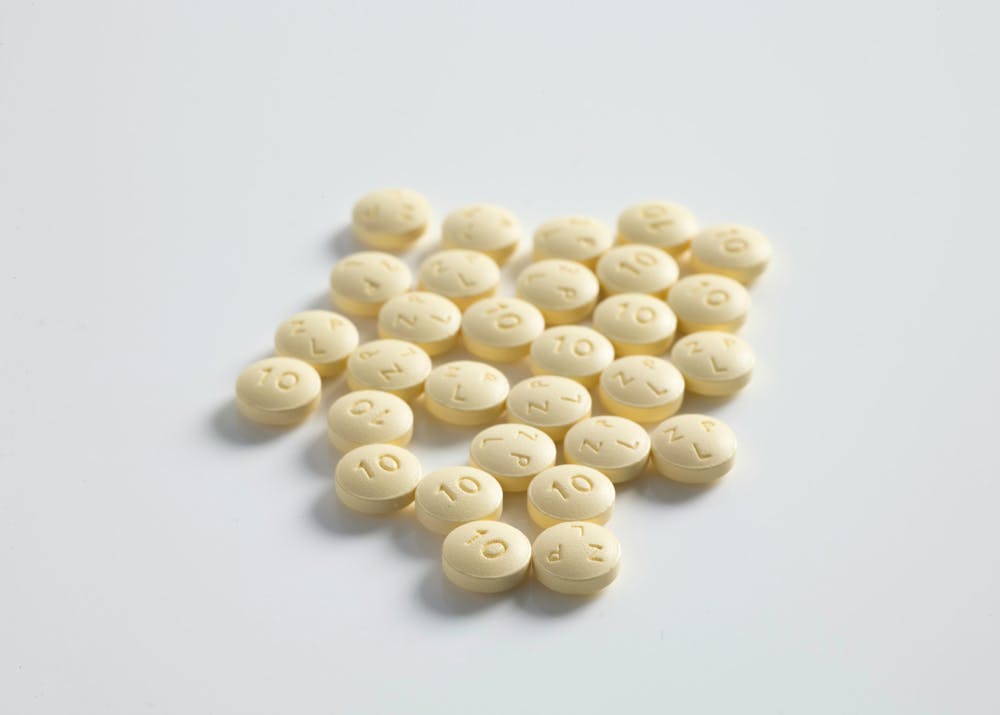In 2005, Bernalillo County implemented a program that allowed people to get treatment for opioid use disorder while incarcerated. Researchers at the University of Mexico have since found evidence that the treatment reduces someone’s likelihood of returning to jail.
Robert Agnew’s general strain theory of crime and delinquency suggests that when people experience excessive stress, they seek ways to cope with it, according to the journal “Criminology.” If people lack appropriate resources, they may turn to deviant behaviors as coping mechanisms.
Edwin Sutherland’s differential association theory suggests that people learn criminal behavior from their social groups.
One deviant behavior — illegal drug use — can be explained in a number of different ways. According to Hired Power, a person’s decision to engage with drugs is dependent not only on their personal beliefs and values but on their surroundings, including the social groups they choose to engage with.
Drug users are more likely to commit crime than non-drug users, according to Paul Guerin, the director of the Center for Applied Research and Analysis at UNM. This may be because crime can be linked to lifestyles that drug users are exposed to, he said. It could also be because the offenses that lead to incarceration might be simple drug law violations, he said, or other violations motivated by attempts to get money for drugs.
“For many who need alcohol and drug treatment, contact with the criminal justice system is their first opportunity for treatment — and possibly their first occasion to be diagnosed with a substance abuse problem,” Guerin said.
Methadone is a medication used to treat opioid use disorder, according to SAMHSA. In 2017, Recovery Services of New Mexico — in partnership with the Metropolitan Detention Center — expanded its methadone treatment program to allow people who are addicted to opioids to begin treatment during their incarceration, RSONM Chief Operating Officer Darren Webb said at a news conference.
Guerin — along with UNM economics professor Brady Horn and University of North Florida economics professor and UNM alum Aakrit Joshi — published research evaluating the effectiveness of MDC’s treatment plan expansion.
The researchers found that the methadone treatment was effective in reducing the likelihood of people returning to jail, according to the report.
The longer a person receives treatment, the more effective it is in reducing relapses into criminal behavior, Horn said.
Treatment programs are not only beneficial for the individual’s well-being, according to Horn, as they are also cost-effective.
“Substance use disorders are also incredibly costly to society,” Horn said. “Notably, they are correlated with crime, which is very costly to society.”
Get content from The Daily Lobo delivered to your inbox
Both Guerin and Horn said they hope that their research can have widespread positive impacts.
“I would hope this research lends to findings that treatment works and is used by policy makers to consider implementing programs based on best practices,” Guerin said.
Arly Garcia is a beat reporter for the Daily Lobo. She can be reached at news@dailylobo.com or on X @dailylobo






